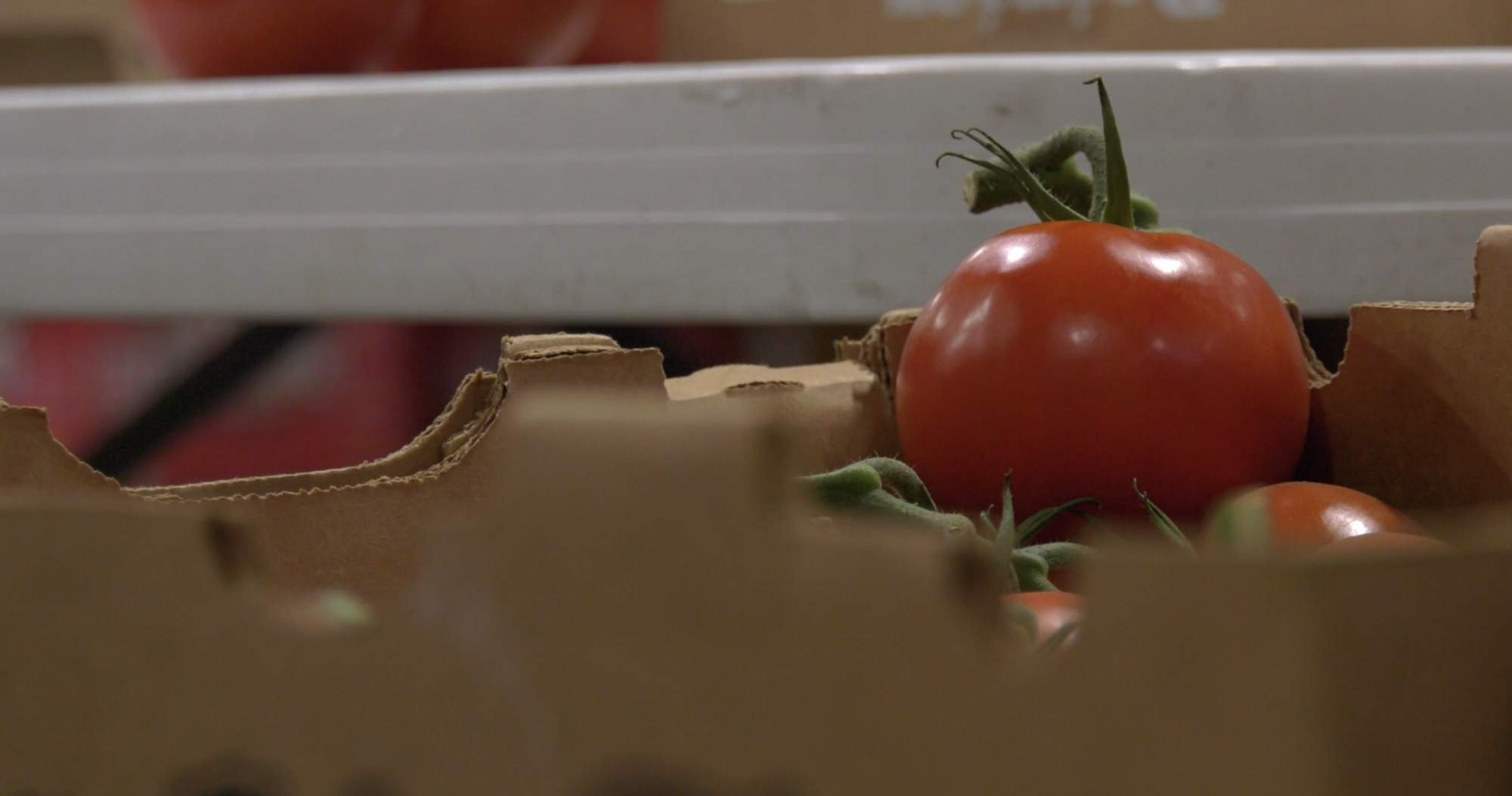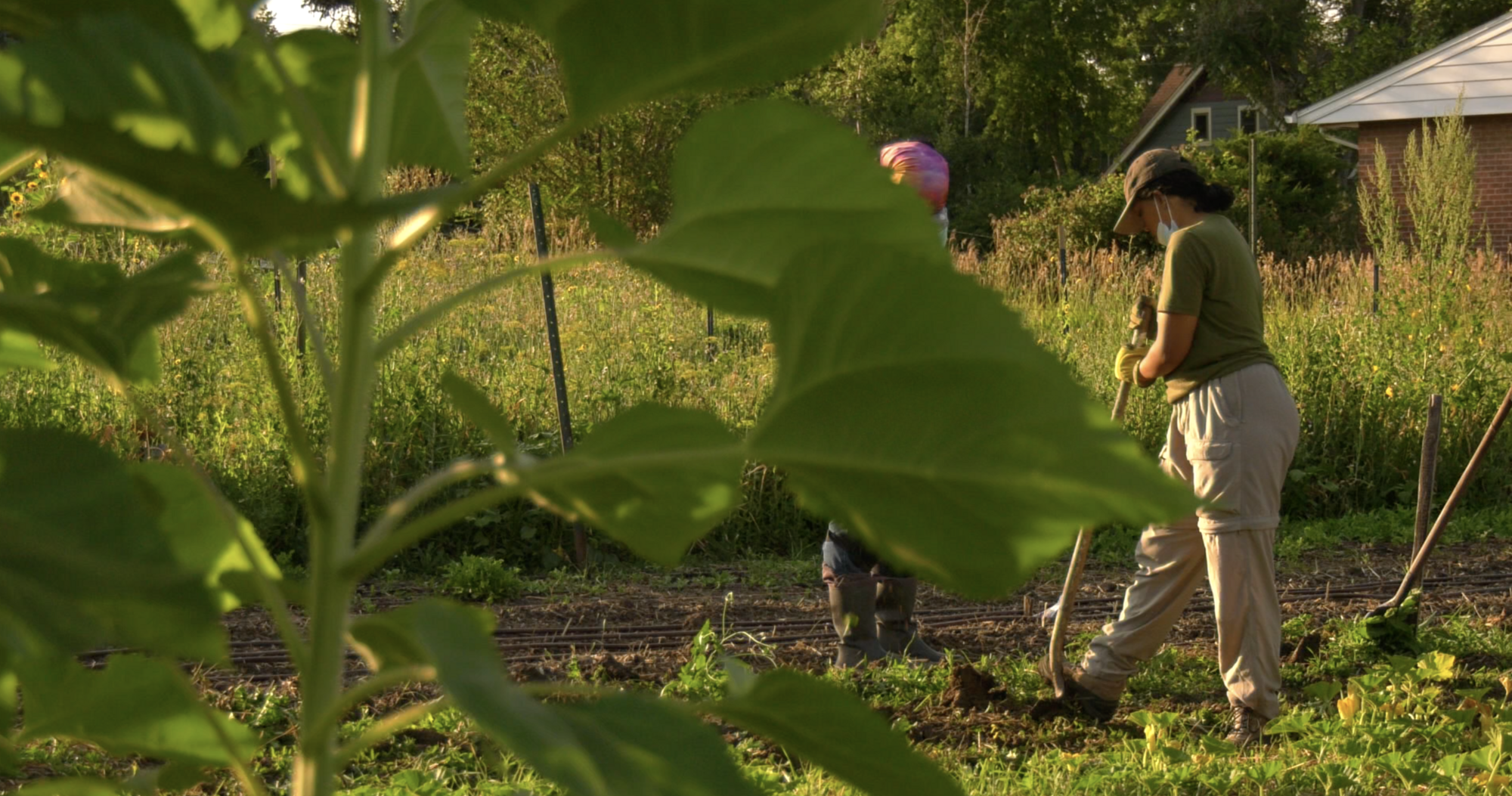Feeding Farmworkers: They pick food but can’t afford it themselves

ARVADA, Colo. — Working in the farm fields of Colorado to put food on people’s tables around the country doesn’t mean you can afford to put that very same food on your own table.
Many studies show how often farm workers struggle to feed their own families. In one Georgia study of migrant farmworkers, for example, nearly 63 percent did not have enough food.
“Why is it that we have this contradiction: That the people who grow our food can’t afford the food that is in our communities?” said Roberto Meza, founder of East Denver Food Hub, an organization working to develop an equitable local food system.
This group is one of several pieces of a collaborative effort to provide meals for farmworker families in desperate need of food.
Related Stories
It starts with organizations like Frontline Farming in Arvada, a food and farmers advocacy group.
On a day Rocky Mountain PBS was able to follow the food, Frontline Farming started the journey with some food and Personal Protective Equipment, or PPE, for farmworkers. From there, we headed to Food Bank of the Rockies to pick up more boxes of food.
The third stop was East Denver Food Hub. There, people packed more than 200 boxes with fresh produce from farms with a similar vision to eliminate middlemen in distribution so more money can get into the hands of farmworkers. This does mean a consumer would see a price increase, but only a couple of dollars.

“That is the dignified price,” explained Meza. “That is how the people that grow that food can eat that food.”
After the food boxes were packed into the back of a truck, Rocky Mountain PBS followed it to Wiggins, Colorado. This is where Project Protect Promotora Network steps in. It is a coalition representing immigrants, farmers and others to help address the needs of people who work in our food system.
Promotora is a Spanish word used to describe trusted community members who empower their peers with resources or information. In this case, promotoras provide food.
Women who are a part of this group unloaded the boxes from food banks and separated the food into other boxes, making a type of grocery kit. Then, they loaded boxes up into individual cars. Rocky Mountain PBS counted six cars on this day loaded up with 30 to 40 boxes each that set off to different farms in northern Colorado.
“Since they’re all people who work in the community, they know who needs help,” Dolores Del Campo with Project Protect Promotora Network told us in Spanish.
Promotora Marcela Natividad took 40 boxes of groceries to a dairy in Wiggins. There, families in need came to pick up boxes of food.
“However many they give us, we always run out,” Natividad explained in Spanish.
Sure enough, all of the boxes were gone within an hour that day. Three families were turned away, and Natividad says that’s the hardest part— to see the need and run out of resources.
“It’s a hard job and not paid well. My husband works on a farm, that’s why I know,” Natividad said.

According to the nonprofit Farmworker Justice, an organization that helps farmworkers improve their living and working conditions, the average annual income for a farmworker family is between $17,500 and $20,000 which is below the current poverty level of $26,500 for a family of four.
“They’re the ones who sweat for these crops and they can’t enjoy them themselves,” Natividad explained.
During the stop at the dairy in Wiggins, we met Chavelo Figeroa. He told us he picks up food for his family every time the promotoras stop. He said he has worked there for 20 years and still has to make the tough choice between groceries or clothes for his three kids.
“Sometimes it’s not enough, and we have to sacrifice other things,” Figeroa told us in Spanish.
Workers like Figeroa hope Coloradans can recognize what really goes into putting food on grocery store shelves.
“Recognize what it took,” Figeroa said, “the sacrifice.”
This story is one of several featured in this month's Colorado Voices broadcast. It aired Thursday, September 2 on Rocky Mountain PBS.
Sonia Gutierrez is a multimedia journalist with Rocky Mountain PBS. You can reach her at soniagutirrez@rmpbs.org
Julio Sandoval is a multimedia journalist with Rocky Mountain PBS. You can reach him at juliosandoval@rmpbs.org.
Amanda Horvath is a multimedia producer with Rocky Mountain PBS. You can reach her at amandahorvath@rmpbs.org